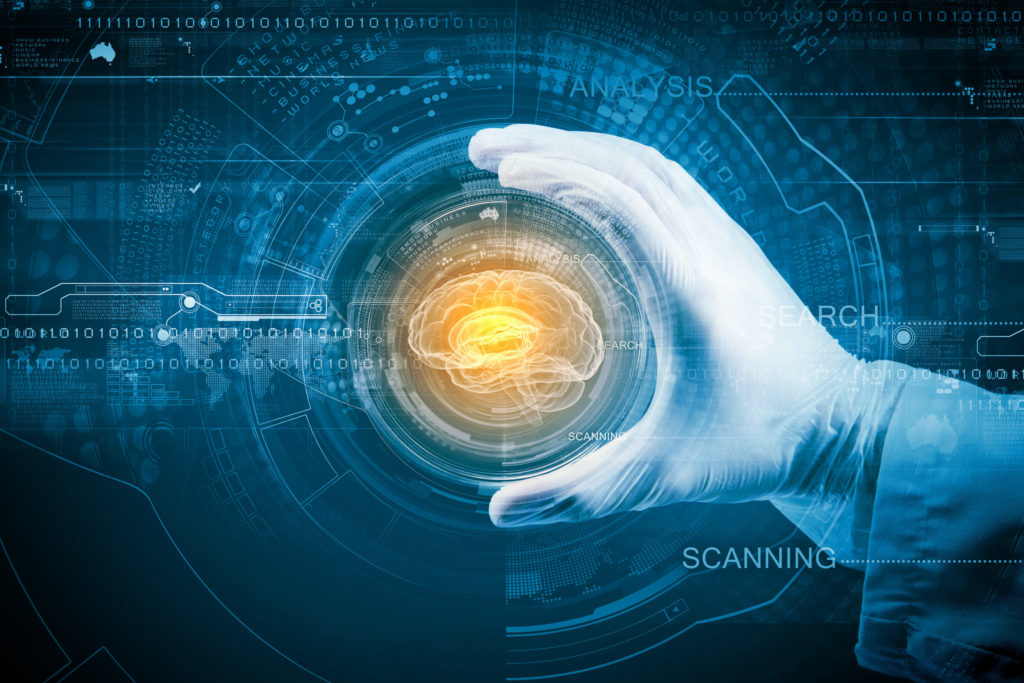Will Scientists Create a Conscious Human Brain in a Dish?
Crossposted at National ReviewAs society roils with COVID and the election, the biotechnological revolution rushes forward with scientists bound by few enforceable ethical boundaries. As a consequence, we have already seen babies born who were genetically engineered, the march toward three- (or more) parent human embryos, and increasingly radical proposals for creating novel family forms.
Now, the prospect of growing human brain “organoids” from stem cells in a dish that could become conscious. Brain electrical activity has already been observed in the experiments. And now, some scientists are contemplating the next step. From the Nature story:
The studies have set the stage for a debate between those who want to avoid the creation of consciousness and those who see complex organoids as a means to study devastating human diseases. [UC San Diego scientist Alysson] Muotri and many other neuroscientists think that human brain organoids could be the key to understanding uniquely human conditions such as autism and schizophrenia, which are impossible to study in detail in mouse models. To achieve this goal, Muotri says, he and others might need to deliberately create consciousness.
Yes. He is talking about developing a human brain structure in a dish that could attain disembodied consciousness.
Once the nausea abates, isn’t that prospect something we should grapple with on an international basis (with alacrity) to determine what, if any, regulations and legalities should be constructed around research with human brain cells? For example, scientists are already introducing human neurons into mouse brains. What if these mice develop human-type awareness?
Unfortunately, our leaders are failing us. As far as I know, even though biotechnology is the most powerful and potentially life-altering force since the splitting of the atom, President Trump has never addressed the question. Nor have most world leaders. “The scientists” wring their hands, but tend to oppose legally binding regulations.
So, we are stuck with mostly voluntary guidelines and modest funding restrictions. That’s woefully insufficient. As we have already seen, guidelines are meaningless unless they can be enforced with substantial penalties for their violation. But we don’t even know yet what to consider unethical.
The excuse for such research to careen ahead is always the fight against disease. But that is not where these studies would end, not by a long shot.
Some researchers are appalled by the current trends. Others, such as Moutri, are indifferent:
For his part, Muotri sees little difference between working on a human organoid or a lab mouse. “We work with animal models that are conscious and there are no problems,” he says. “We need to move forward and if it turns out they become conscious, to be honest I don’t see it as a big deal.”
That crass attitude illustrates the huge peril biotech could pose to human decency. As the great moral philosopher Leon Kass once wrote, “shallow are the souls that have forgotten how to shudder.”
